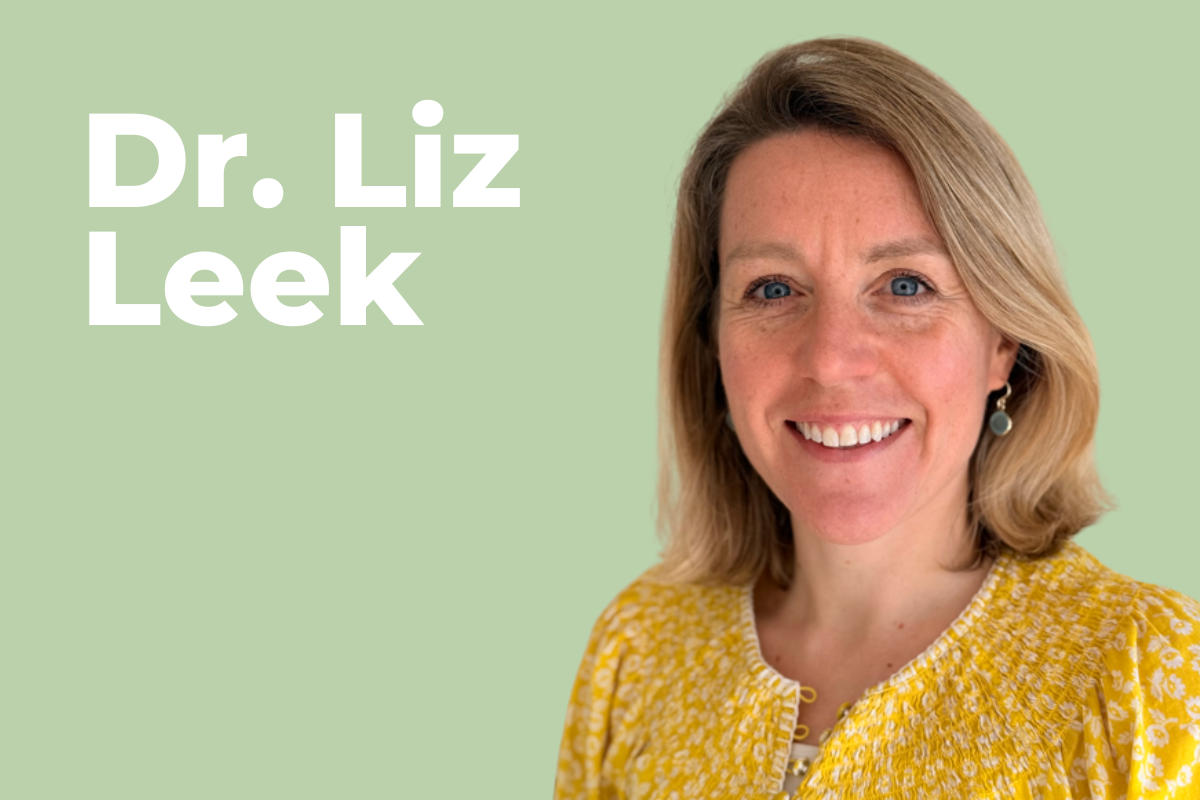
Depression is a multifactorial mental health condition. It can manifest for a number of reasons, including neuroinflammation caused by poor diet or certain lifestyle choices, genetic factors and adverse childhood experiences. But it can also appear as a result of hormonal imbalance.
Around 19.7% of UK adults have shown symptoms of anxiety or depression, and these mental health issues are shown to be more prevalent in women (22.5% compared with 16.8% of males). This may be due to a correlation with hormonal changes in women, particularly during teenage years, following pregnancy, and during perimenopause and menopause.
Which Hormones Are Linked To Mood?
Hormones are chemicals produced by your body’s glands, which signal the body to initiate certain physical processes (such as ovulation, sleep and growth), as well as mental functions such as mood regulation.
There are four main hormones that have a significant effect on mood: estrogen, progesterone, testosterone and cortisol. These are produced by glands in the sexual organs. This is how each hormone can affect mood:
- Estrogen can improve your mood by supporting serotonin levels in the brain.
- Progesterone can alleviate mood swings, irritability, and depression, having an overall calming effect.
- Testosterone is an uplifting hormone and helps with a sense of wellbeing and confidence.
- Cortisol is a released as a stress response and becomes raised at the expense of sex hormones, which in turn creates an imbalance of the thyroid hormones. It can cause irritability, anxiety and other negative moods.
When the glands produce too much or not enough of a particular hormone, this can severely impact mood and, in some cases, lead to depression. This occurs in both men and women, but women are more likely to experience depression due to hormonal changes associated with female-specific biological changes and life events such as premenstrual syndrome (PMS) and premenstrual dysphoric disorder (PMDD), pregnancy, perimenopause and menopause.
Depression During Perimenopause And Menopause
During perimenopause and menopause, levels of estrogen, testosterone and progesterone decline and eventually cease production. As all three hormones improve mood, the decline in production during this time in a woman’s life can bring about low mood and depression. Some women may also experience other psychological side effects of perimenopause and menopause, such as ‘brain fog’ (mental confusion), forgetfulness and increased anxiety, which may contribute to the severity of depression.
At the Marion Gluck Clinic, we see many patients going through perimenopause and menopause who have been diagnosed with depression and prescribed medication such as antidepressants by their GP or a mental health specialist. But low mood around the time of menopause is very likely to be hormonal. In some cases – usually where there is no prior history of depression – antidepressants may not be the most effective treatment. A lot of women going through perimenopause and menopause are misdiagnosed with depression and can feel a lot better on bioidentical progesterone treatment.
Although these antidepressants regulate certain hormones that affect mood, they do not address the hormones associated with perimenopause or menopause. Essentially, taking antidepressants during this life stage would be like taking a painkiller for a sore throat during a bout of flu – you would be treating the symptom, rather than the cause. We label things like depression and anxiety, but they are really a balance of hormones, general health, genetics, inflammation in the body and what actions you take to support yourself.
Bioidentical hormone replacement therapy (BHRT) may be a more effective option, as the treatment focuses on rebalancing the declining hormones.
Dr Ghazala Aziz-Scott, Hormone Doctor at the Marion Gluck Clinic says: “From clinical experience, it is so essential to correlate a patient’s psychological symptoms with their history, symptoms and previous mental health to get a clear evaluation of the root cause. Hormones and neurotransmitters that affect our moods have a complex relationship that can change during various stages of a woman’s life. Tests such as the DUTCH test allow us to evaluate hormonal systems that interact, menstrual cycle patterns as well as levels of dopamine, melatonin and stress hormones such as cortisol and epinephrine which really inform effective treatment strategies.”
When investigating a patient’s symptoms of depression, we look at their full medical history and conduct hormone profiling. If it is found that hormone imbalance is most likely the cause of the depression, we then organise a bespoke BHRT treatment plan aimed at addressing this imbalance.
To find out more about BHRT as a treatment for menopausal depression, click here. Alternatively, to book a consultation with one of our expert doctors, please use our book an appointment form.



